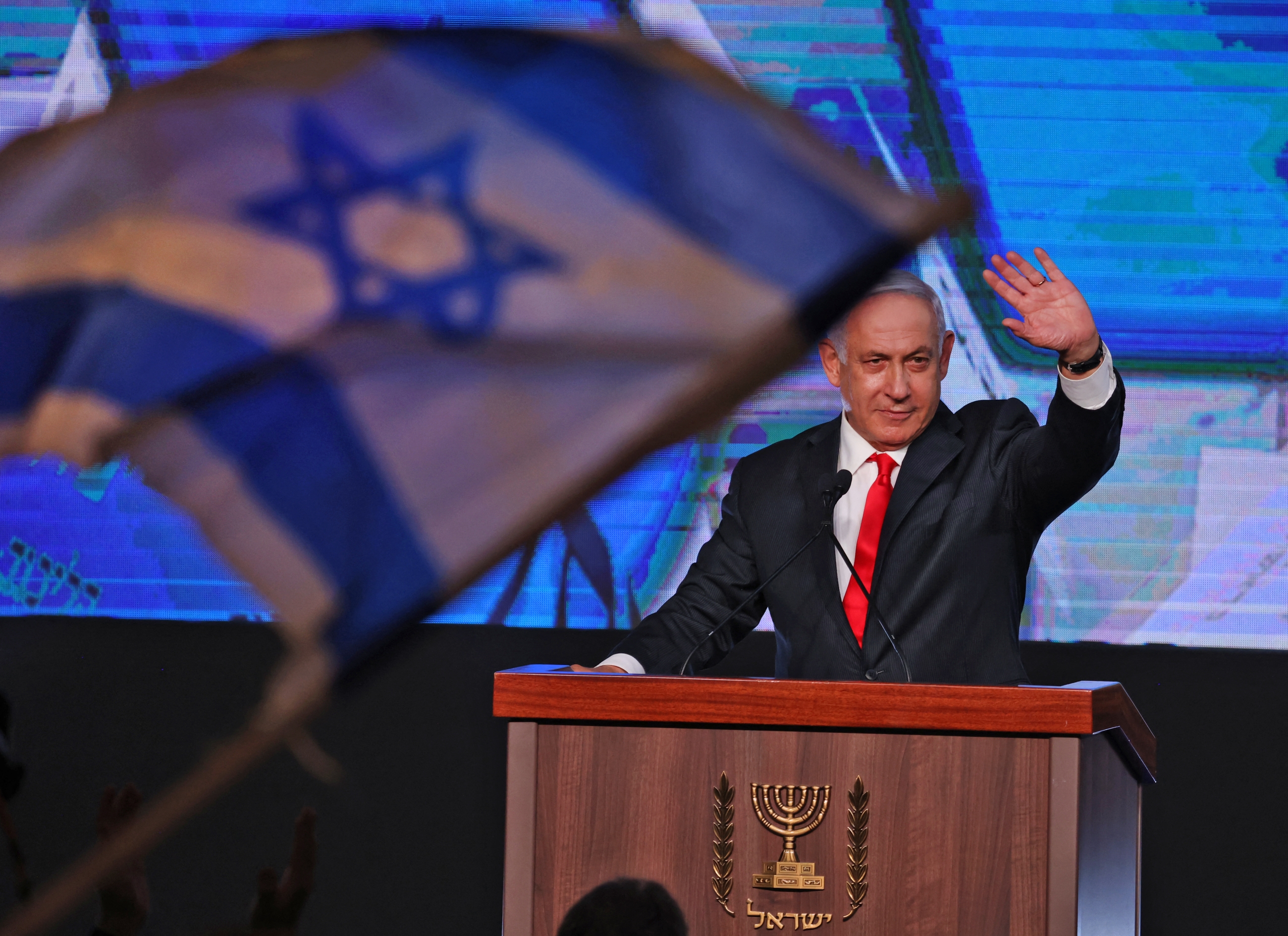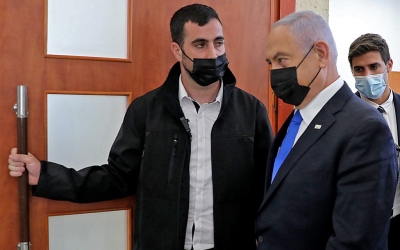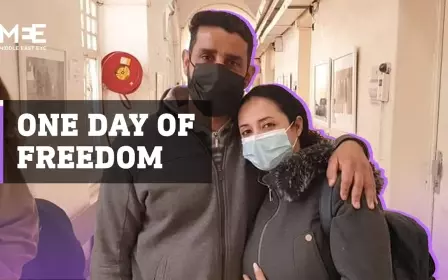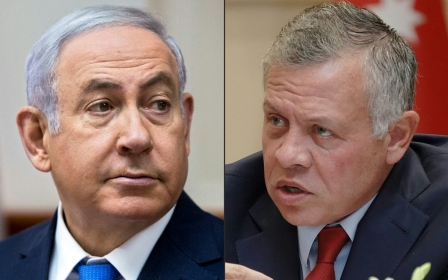Israel elections: Netanyahu nominated to form government

Israel's president has nominated Benjamin Netanyahu to form a new government, following yet another inconclusive election in the country.
Netanyahu, now the country's longest-serving prime minister with 12 consecutive years in office, will have at least 28 days to negotiate a coalition agreement, though President Reuven Rivlin said he thought success was unlikely.
New MEE newsletter: Jerusalem Dispatch
Sign up to get the latest insights and analysis on Israel-Palestine, alongside Turkey Unpacked and other MEE newsletters
"The results of the consultations, that were open to all, lead me to believe that no candidate has a realistic chance of forming a government that will have the confidence of the Knesset," Rivlin said.
"In fact, if the law would allow me to do so, I would give the decision back to the representatives of the people."
Despite this, he said Netanyahu had a "slightly higher" chance of forming a government.
In Rivlin's consultations with party leaders following the 23 March vote, Netanyahu was backed by 52 lawmakers elected to Israel's 120-seat parliament, the Knesset.
Opposition leader Yair Lapid earned 45 endorsements. There were 16 abstentions and right-wing nationalist Naftali Bennett secured seven votes from his own Yamina party.
Rivlin referred directly to the misgivings of many Israelis about having Netanyahu try to form a government as he stands trial on corruption charges.
"I know the position held by many, that the president should not give the role to a candidate that is facing criminal charges, but according to the law and the decision of the courts, a prime minister can continue in his role even when he is facing charges," he explained.
Middle East Eye delivers independent and unrivalled coverage and analysis of the Middle East, North Africa and beyond. To learn more about republishing this content and the associated fees, please fill out this form. More about MEE can be found here.





